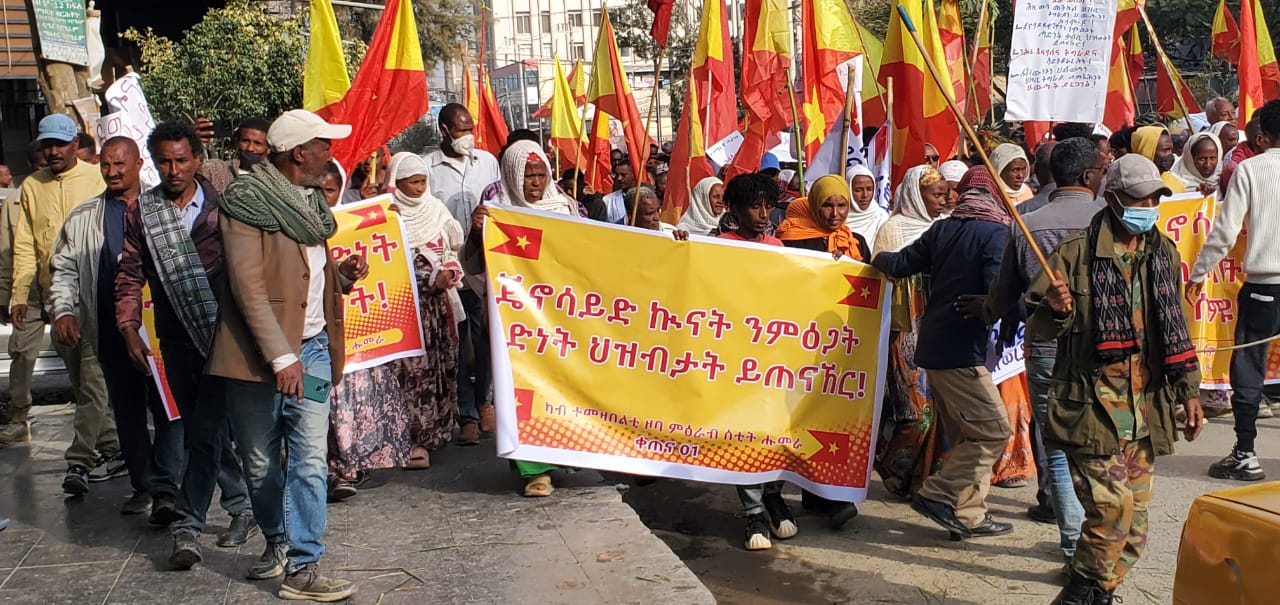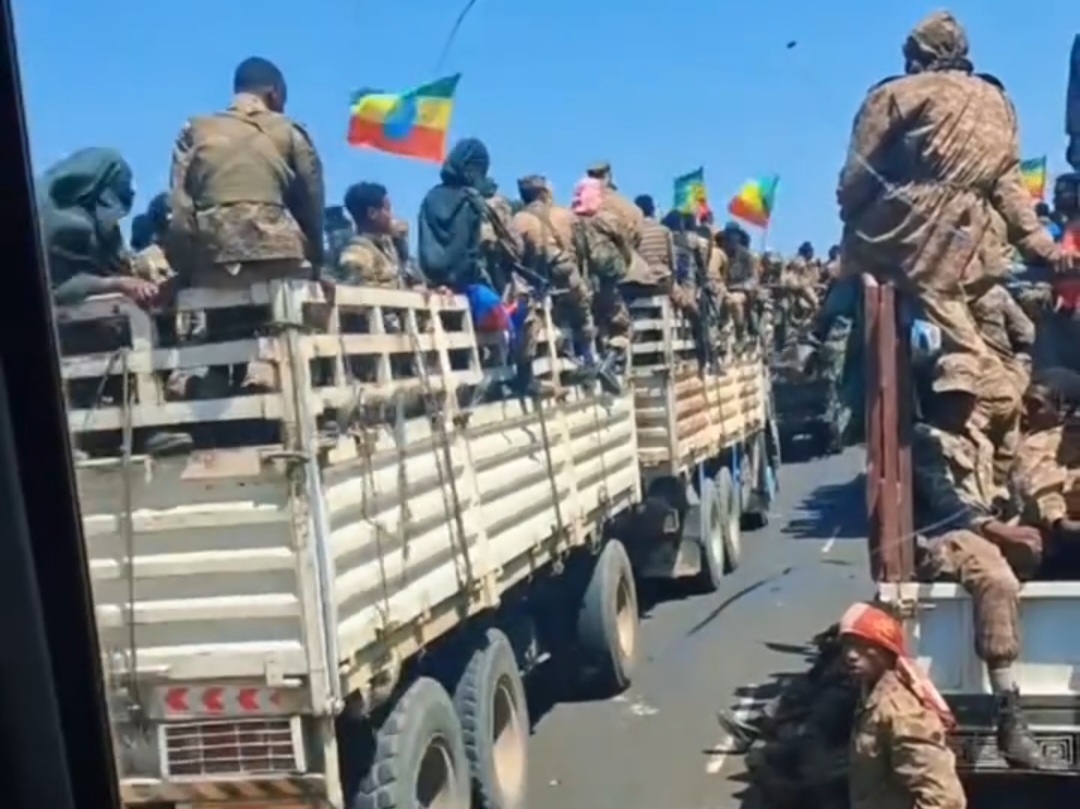By Dr. YONAS WORKINEH
The conflict in Ethiopia’s Tigray region which erupted in November 2020, has left a profound psychological scar on the region’s population.
The violence, displacement, and loss experienced during the war have led to alarming rates of mental health disorders among those affected.
The Nature of Psychological Trauma
War induces a range of psychological disorders, with Post-Traumatic Stress Disorder (PTSD) being one of the most prevalent.
According to a study published in 2024 by the National Library of Medicine, nearly 58% of internally displaced persons (IDPs) in Tigray were found to have developed PTSD.
This disorder manifests through persistent flashbacks, nightmares, and heightened anxiety, severely impairing individuals’ daily functioning.
The trauma experienced during the conflict, including exposure to violence, the loss of loved ones, and the destruction of homes, contributes to the development of PTSD among survivors.
Impact on Adults
The impact of the Tigray war extends deeply into the lives of adults, with studies indicating an overwhelming prevalence of depression.
A recent study published in BMC Psychiatry reported that 81.2% of IDPs in Tigray experienced depression, with over 60% classified as having moderate to severe symptoms.
Factors contributing to this high prevalence include the loss of livelihoods, destruction of property, and the stress of displacement.
Many individuals have faced the dual burden of physical injuries and psychological distress, complicating their recovery and reintegration into society.
The psychological toll is particularly severe for those who were directly affected by atrocities, such as sexual violence.
Reports of widespread rape and brutality against women during the conflict have led to deep-seated trauma, further exacerbating mental health issues.
Survivors of such violence often struggle with feelings of shame, isolation, and fear, complicating their healing process and limiting their ability to seek help.
The Effect on Children
Children in Tigray have been disproportionately affected by the war, facing unique challenges that threaten their psychological well-being.
Growing up in a conflict zone disrupts their normal development and robs them of their childhood. Exposure to violence, loss, and fear can lead to anxiety, depression, and emotional dysregulation.
Many children have been separated from their families or have witnessed horrific acts, leading to lasting psychological scars.
The long-term consequences for these children include difficulties in reintegrating into society, challenges in forming healthy relationships, and disruptions in their education, all of which compound their psychological distress.
Long-Term Consequences
The mental health effects of the Tigray conflict extend far beyond immediate psychological disorders.
The pervasive trauma can hinder educational attainment, economic stability, and social cohesion.
Communities affected by war often experience a breakdown in trust and social networks, which are crucial for recovery and rebuilding.
The long-term consequences may include intergenerational trauma, where the psychological effects of war are passed down to future generations, further perpetuating cycles of violence and instability.
The Need for Intervention
Addressing the psychological trauma in Tigray requires urgent and comprehensive interventions.
Mental health services must be prioritized to support the recovery of individuals and communities.
Local and international organizations play a critical role in providing mental health care, counseling, and community support.
Education programs aimed at children and youth are essential to help them cope with their experiences and facilitate their reintegration into society.
Furthermore, community-based approaches that foster social cohesion and rebuild trust among individuals are vital for healing.
By creating supportive environments, communities can begin to address the psychological wounds inflicted by the war.
Conclusion
The psychological trauma resulting from the Tigray conflict is a pressing issue that demands immediate attention.
With high rates of PTSD and depression among IDPs and a generation of children affected by violence, the mental health crisis in Tigray poses significant challenges for recovery and development.
Comprehensive mental health interventions, community support, and a focus on rebuilding trust and social networks are essential for addressing the profound psychological scars left by the war.
Without concerted efforts to heal these wounds, the legacy of the Tigray conflict will continue to impact individuals and the broader community for years to come.


